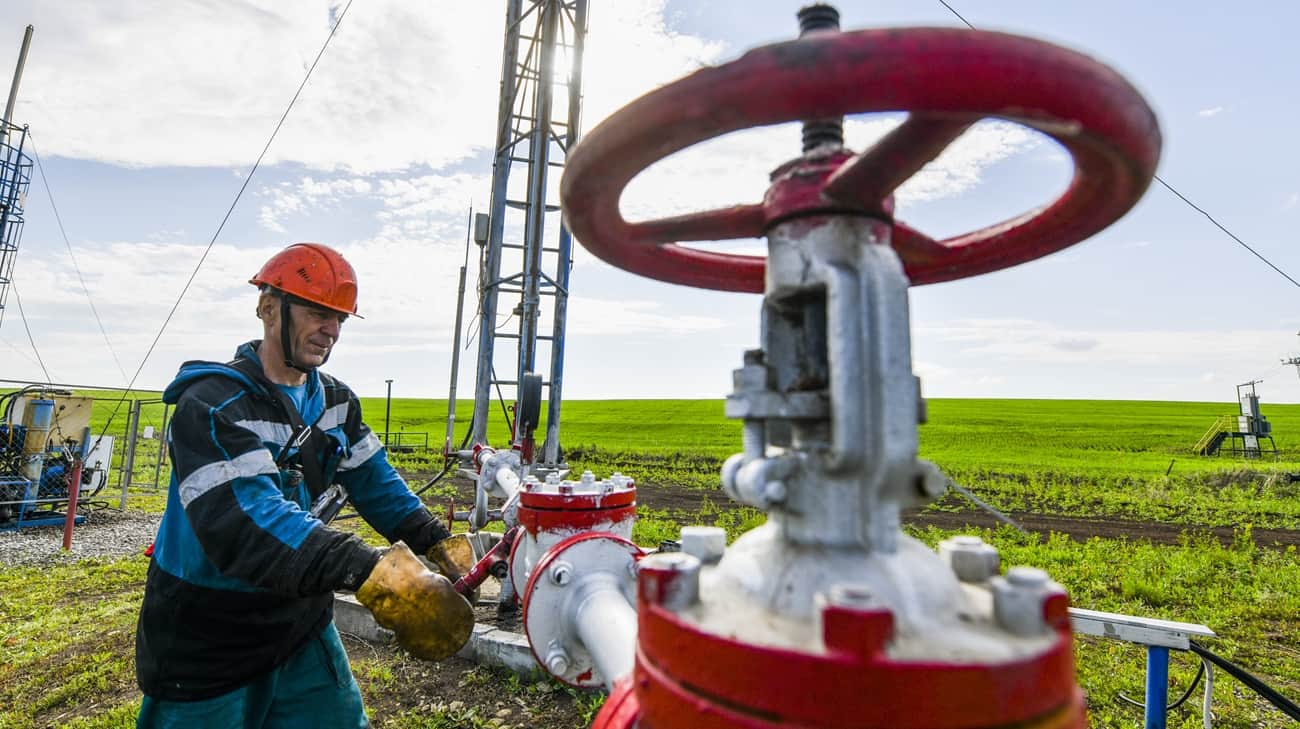The European Union may link the so-called price cap on Russian oil to global market prices.
Source: Bloomberg
Quote: “Member states are considering a fresh proposal to lower the threshold on Russian oil — currently set at US$60 a barrel — and automatically revise it every three months based on market prices, according to people familiar with the matter.”
Advertisement:
Details: This option is being considered as part of the preparation of the 18th package of sanctions. However, it has not yet been finalised.
“The European Union took a tentative step closer to a new price-cap regime on Russian oil that would aim to push the price of Moscow’s barrels down even further and keep the pressure on in the future,” the publication says.
Support from maritime countries – Greece, Malta and Cyprus – has been a stumbling block, but they are open to the idea, sources say.
As Bloomberg notes, the price cap on Russian oil has been repeatedly criticised in the past for being ineffective in practice. Nevertheless, on the basis of this norm, Europe has introduced additional sanctions against Russian oil export infrastructure.
The introduction of a floating price cap on Russian oil is being considered as part of the 18th package of EU sanctions, which is currently being blocked by Slovakia. The Fico government is demanding that Russian gas be returned to them or that its loss be compensated.
The future level of the price cap on Russian oil will also largely depend on the position of the United States. So far, Donald Trump has shown no desire to limit Russia’s ability to finance its war of aggression in Ukraine.
Background:
- Earlier, EU High Representative Kaja Kallas said that even if the United States does not agree to further lower the price cap on Russian oil, the European Union can do so on its own, thanks to its control over the Black and Baltic Seas.
- Earlier, it was reported that last year the European Union spent more on Russian energy resources than it allocated to financial aid to Ukraine. “In 2024, the EU spent an estimated €21.9 billion on Russian fossil fuels imports – just 1% less than the previous year. To put that into perspective: the amount exceeds the €18.7 billion in financial aid the EU provided to Ukraine in the same year,” according to a Euractiv study.
Support Ukrainska Pravda on Patreon!
